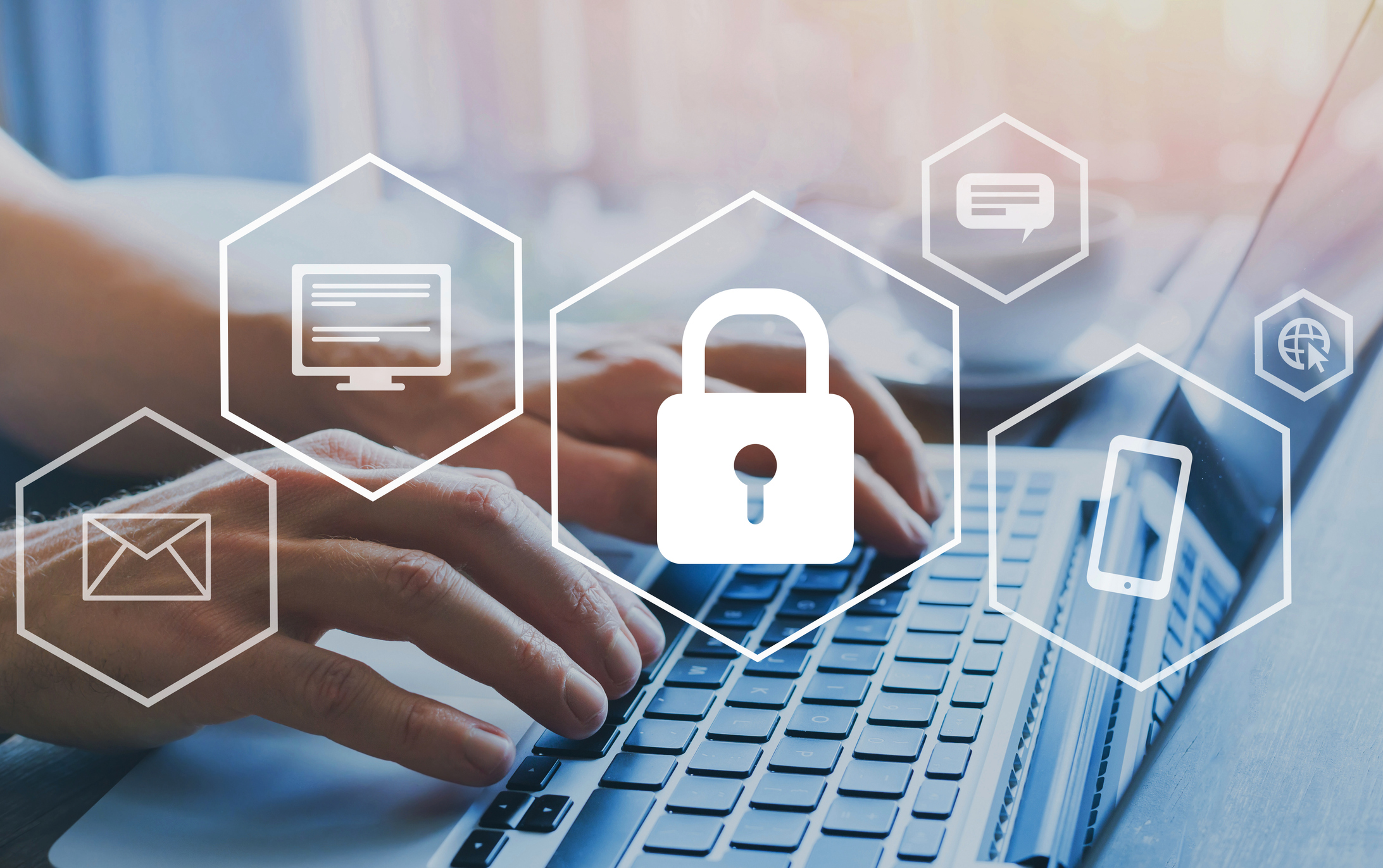Recently, I joined my colleagues Laura Payne (Director of Consulting, iSecurity) and Mark Loffhagen (Senior Security and Privacy Analyst, Transform Shared Service Organization) for a podcast discussion about cybersecurity tips that Canadians can use to protect their virtual visits. Here are some highlights from our conversation, edited for clarity and brevity.
What are some steps Canadians can take to ensure their health information remains secure?
Ann-Marie Westgate: I think for me, it's about understanding the platform that's being offered for the virtual visit. So, asking questions: is this a video visit? Is it a phone visit? Do I need to create an account to log in? If you need to create an account, make sure that you create the account with a secure password. So, choosing a password that's long enough [and] that's easy for you to remember, but hard for somebody to guess.
Laura Payne: I think the other thing is to consider the physical part of your visit. We're used to going to an office, where there's a private room where you would have your discussion. And if you're not, the responsibility is on you to create that private space.
Mark Loffhagen: If I had my preferences, I would use my home Wi-Fi, or your home connection to the internet. If you happen to be using equipment, I would make sure that it was patched with the latest operating system patches to make sure that it's as secure as possible.
What should Canadians keep in mind if they are a family member or caregiver assisting with a loved one’s virtual visit?
LP: [Have] a discussion with them, or an understanding with them, of how involved they want you to be in the visit. Are you going to set it up, and then leave, and give them their space to conduct the session with more privacy?
Don't underestimate the fact that it could be confusing. Maybe [consider] practicing with them. If you know what the mechanism is going to be, then you can practice: almost all the platforms have free versions that you can use.
ML: And you make sure that the physician or whoever's doing the [virtual visit] knows that you're going to be having two people on the call, so they're not surprised by that. The nice part about it is that you can have two different sets of technology. [With two people,] one could be on a video call, the other one could be phoning in.
Where can Canadians go to learn more about keeping their health information secure?
AMW: There's an organization that specializes in sharing cybersecurity best practices with Canadians. It's called Get Cyber Safe. And they have loads of really good information on how to protect your digital identity and your computer equipment as well.
LP: There are so many good videos on YouTube and podcasts like this. IT conferences often publish their discussions as well. If you're really interested in this topic, there's lots of free information that you can get from valid sources.
ML: If you want to know about the security profession itself and dive really deep, there's a conference in Toronto called SecTor. It’s got a bunch of resources that are quite [technical] deep dives. But once again, I'm talking to the geeks out there!
Looking for more cybersecurity tips and discussion? Be sure to tune in to our full conversation on the Digital Health InfoCast! You can also learn more about preparing for virtual visits and protecting your health data with the Digital Health Learning Program.
Have a comment about this post? We’d love to hear from you.


